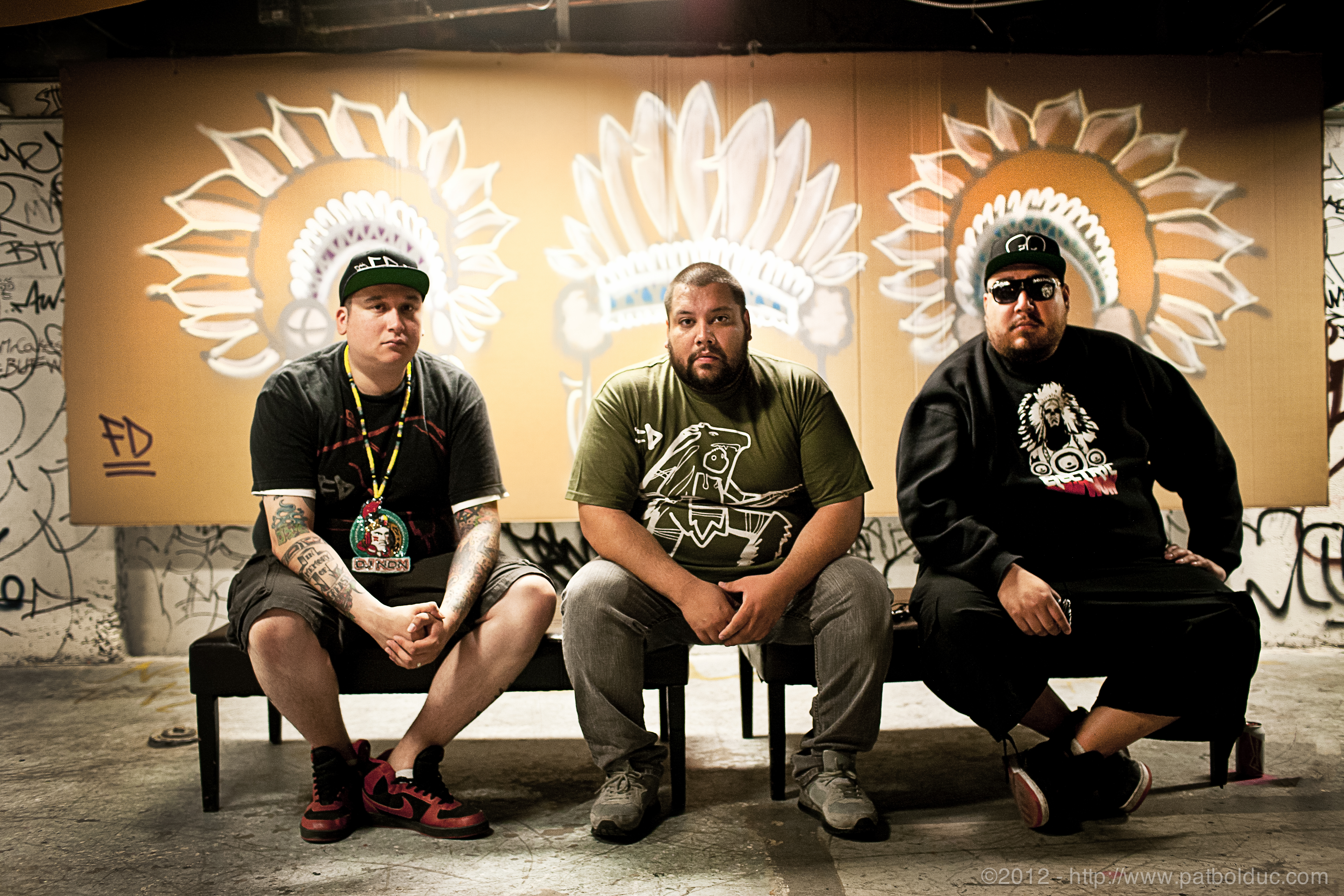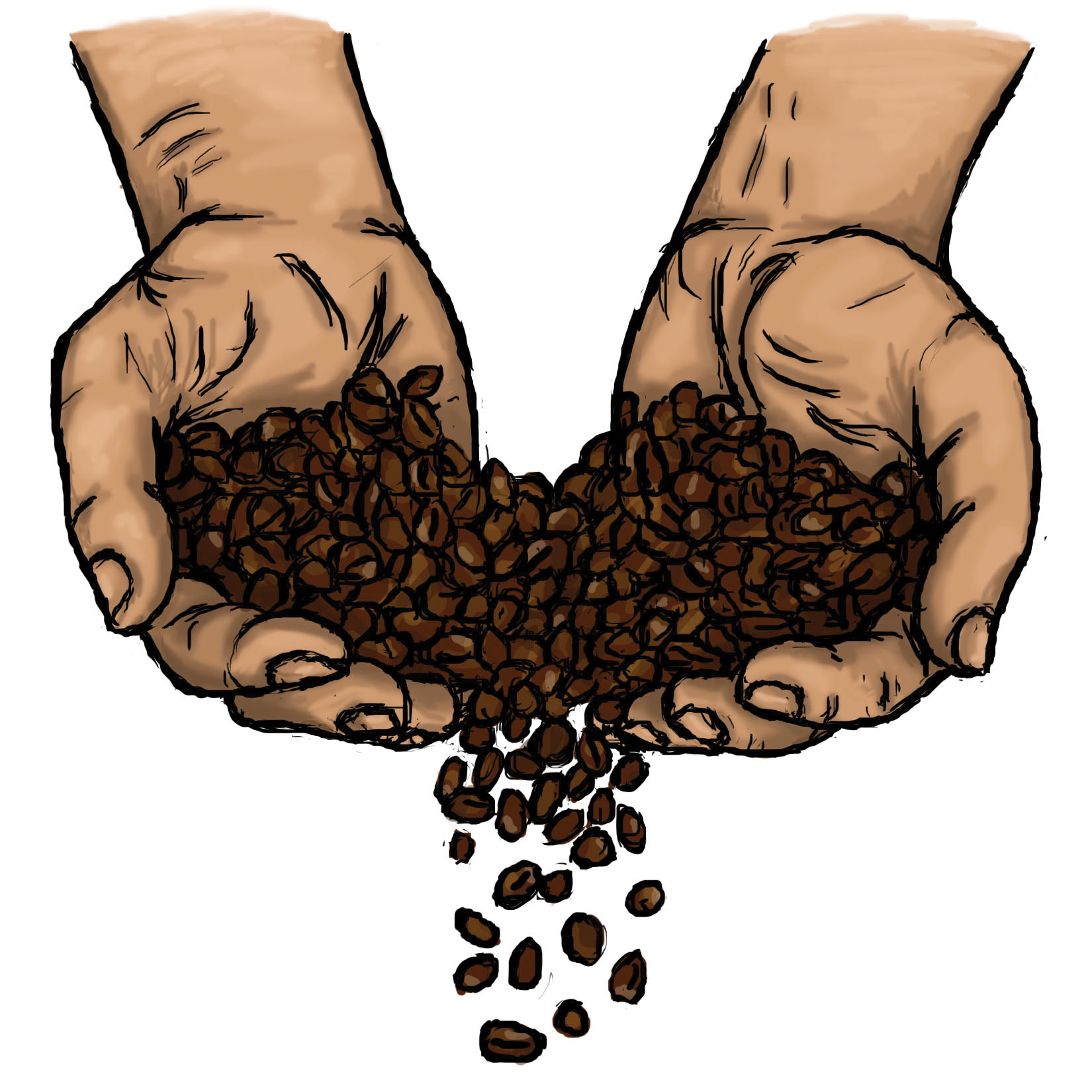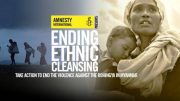Protestors walked from Bloodvein, Hollow Water, Brokenhead, and Little Black River First Nations to the Manitoba Legislature on Jan. 28, where they met local Idle No More supporters for a rally in conjunction with a global day of action.
The crowd, numbering over 800 by some counts, gathered on the front steps holding signs and banners to listen to a succession of speakers discuss a variety of Aboriginal issues, such as treaties and environmental concerns.
Singer and activist Buffy Sainte-Marie, who appeared the next day at the University of Manitoba as part of Celebration Week, was one of the last speakers to take the podium.
“Idle No More is spotlighting issues that we have been living with for years [ . . . ] this is the educational opportunity of a lifetime for Aboriginal people to learn more ourselves, to actually read the fine print in the treaties, and for non-Aboriginal people to finally understand what it is that makes us so proud,” said Sainte-Marie from the steps of the legislative building.
Following her short speech Sainte-Marie led the crowd in a song, accompanied by many with traditional drums.
Other speakers included April Raintree author Beatrice Mosionier and Winnipeg-based comedian Ryan McMahon.
During his speech, McMahon focused on the need for Indigenous communities to protect their land.
“When we talk about standing up for the land, we are talking about standing up for our version of what we call god. Everything that protects us, everything that keeps us well, everything that brings us together [ . . . ] comes from Mother Earth. When we don’t protect that, and when we don’t stop companies from resource extraction, they are taking our version of god away from us,” McMahon told the crowd.
Following the speeches, Cheryl, one of the eight youth who walked from Bloodvein First Nation to Manitoba’s provincial government headquarters, told the Manitoban that the four-day walk from the reserve, which is situated north of Winnipeg and along the east side of Lake Winnipeg, was cold but not difficult.
“It is just about finding the strength you need to stay positive,” Cheryl said.
Some news outlets, however, have reported that walkers faced occasional abuse from motorists while walking along Highway 59.
CBC News Manitoba reported that the group, which included young children, had pennies hurled at them “by at least one vehicle full of people.”
Also in attendance at the rally was Susanne McCrea, executive director of the Boreal Forest Network. McCrea, who has been involved in organizing Indigenous solidarity events around Winnipeg, said she is not concerned that Idle No More is losing momentum following Theresa Spence’s decision to end her hunger strike.
“I don’t equate the two,” said McCrea. “Many people have taken independent actions in support of Idle No More. That was an individual standing up in her own way, which I think people will continue to do. It is important that people take their turns and come and go in support of the movement rather than become the movement.”
The day of action was announced on Jan. 10 on the Idle No More official website, and reportedly featured events in at least 30 Canadian cities.
“This day of action will peacefully protest attacks on Democracy, Indigenous Sovereignty, Human Rights and Environmental Protections when Canadian MPs return to the House of Commons on January 28th. As a grassroots movement, clearly no political organization speaks for Idle No More. This movement is of the people… For The People!” said a statement released by Idle No More organizers.
The rally concluded with many crowd members engaging in a round dance, which spread single file across the legislative grounds.
As for what will happen next in the Idle No More movement, McCrea is optimistic.
“The actions just keep coming and that is the momentum that we really need,” she said.
“As much as we can dislike Harper and the policies that his government has enacted, we can also thank him for being so extreme that it brought people together [ . . . ] whether it’s Indigenous or non-Indigenous people, labour, environmentalists, or social justice activists, all of those people have the same stake in this.”




